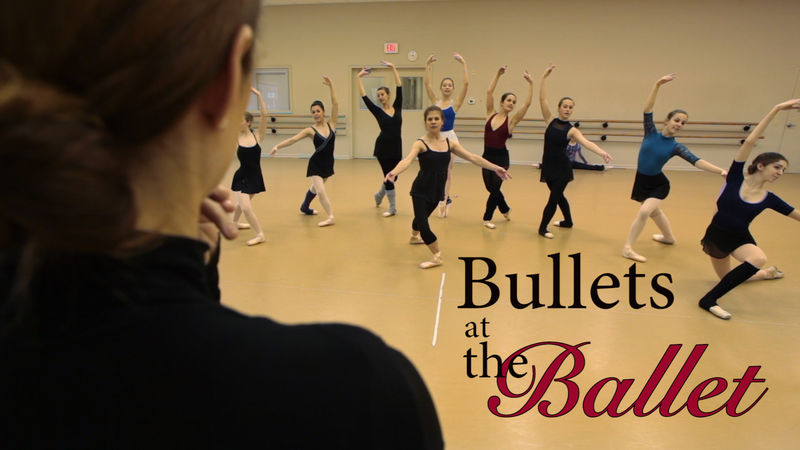 When we first meet David (Camilo Pinto) he is in a desperate state – homeless, friendless and penniless. But, something kept him going. Struggling against his weakness and desperation, he presses on the goal only known to him. He doesn’t mind the state he is in, or the looks he gets from the people around him, what matters most is his end game – finding whom he seeks. But the end of his road is again a disappointment – the woman Yarida (Luz Angela Poveda) who opens the door he staggered to is not the woman whom he is looking for.
When we first meet David (Camilo Pinto) he is in a desperate state – homeless, friendless and penniless. But, something kept him going. Struggling against his weakness and desperation, he presses on the goal only known to him. He doesn’t mind the state he is in, or the looks he gets from the people around him, what matters most is his end game – finding whom he seeks. But the end of his road is again a disappointment – the woman Yarida (Luz Angela Poveda) who opens the door he staggered to is not the woman whom he is looking for.
The director of the movie chooses to put the viewer in the same position as the characters: confusion. For the better part of the movie I was trying to piece the puzzle of David and whom he is searching for so desperately. But, alas, most of my questions stayed unanswered; we never find out whom he is looking for, where has he been or what has happened to him.
The mysterious vibe of the film is what keeps the viewer watching, even though the overall atmosphere of the movie reeks of negative emotions and people. Everything seems slowed down by some sort of invisible weight that presses down on everyone, like the weight of the sin done by Jairo (Ivan Alvarez) that no amount of kindness David gets from the children or Yarida can erase. From the moment he realized the Jairo is to blame for the disappearance of the woman he seeks, his character is only driven by the need for revenge. This revenge is the driving force of the rest of the movie. It is the only thing that keeps this particular and unexpected set of characters together – David, two local children who helped him and Yarida, a woman who feels guilty for the sins of her cousin. When the culmination of the movie ultimately comes, there’s nothing else left but for these characters to part ways.
The grays and other dark colors which dominate the shots add to the uncleanness and desperate feel of the movie. The overall atmosphere of the movie is very depressing. While the camera work, photography and sound were top notch, acting, script and directing could be better. Children actors and Ivan Alvarez were particularly stiff and unconvincing. But overall, Nicolás Olivera has done a good job.
Nikola Gavrilović









